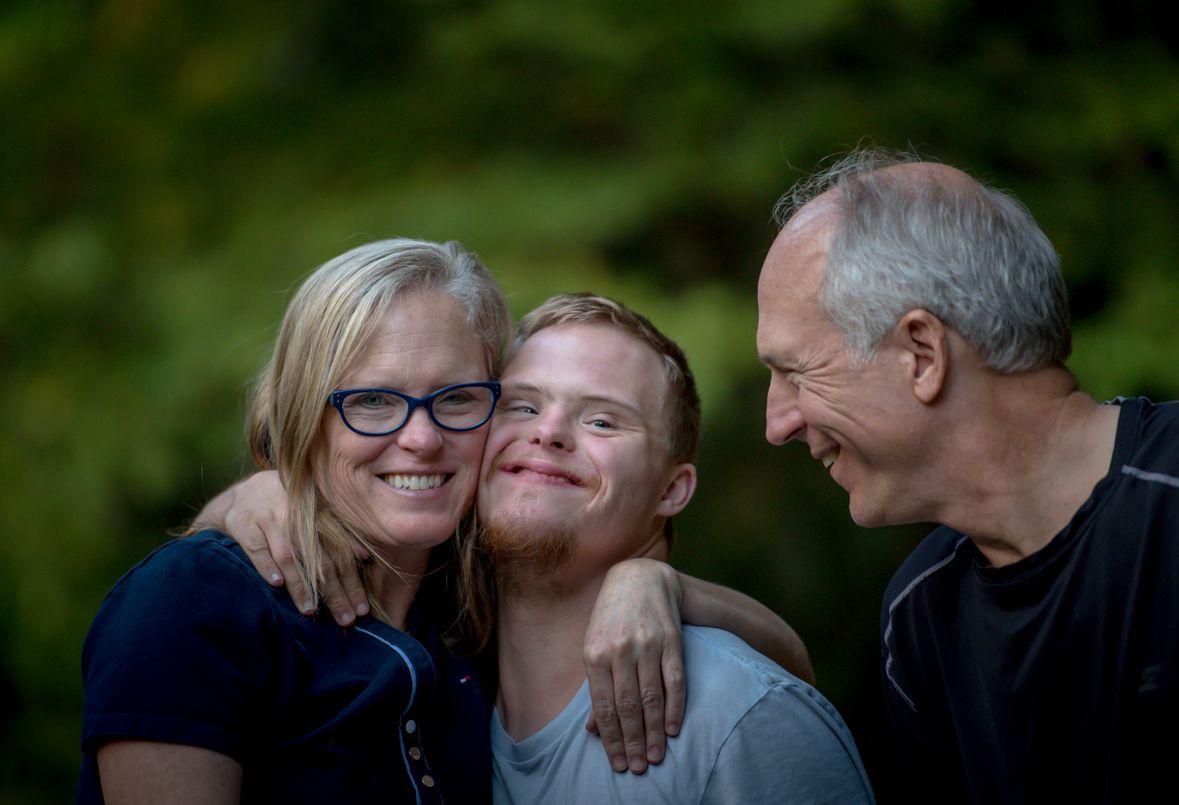If you have an elderly loved one, and you have been researching the best way to care for them and their needs, domiciliary care is no doubt a term you have come across.
But what exactly is domiciliary care? What does it entail? And who is it for?
Care In Kent have put together this easy to follow guide on domiciliary care to answer all the questions you might have on the subject.
Starting with:
What Does Domiciliary Care Mean?
Put simply, domiciliary care is when a care professional offers support to an elderly or vulnerable person within their own home.
Unlike live-in care, where someone will receive ongoing support, domiciliary care is for those who want support at set, regular times as and when it suits them.
This could be anything from someone popping in once a week to help with light household chores, arriving daily to prepare meals, or coming in several times a day to help with personal care such as bathing, toilet trips or assisting someone in taking their medication.
This type of care service is particularly helpful for families who have taken on the bulk of caring for an older relative or friend, but who do not live close by or who have work and/or family commitments that mean they can’t always be there as often as they need or want to be.
Who Is Domiciliary Care For?
Domiciliary care is for anybody who needs assistance from a qualified carer, but would like to stay in their home.
Maybe they need support because they are living with a condition such as Parkinson’s, Alzheimer’s or dementia, are bed-bound or have mobility issues, or are recovering from an operation or medical procedure.
For those who want to retain as much independence as possible in the comfort of their own home, rather than have to go into residential care, domiciliary care bridges that gap – offering the extra support needed to make that happen.
What Do Domiciliary Carers Do?
Domiciliary carers offer a range of services in a number of areas that focus on supporting an older person to continue with their familiar routines and carry on enjoying the lifestyle they are used to.
These services include:
Personal care
The type of personal care that an older person might need will depend on their mobility and whether or not they are living with any type of medical condition that makes it difficult for them to complete certain tasks themselves or without help.
This can range from showering and bathing, dressing, shaving and tending to their hair and nails…. to changing continence pads and maintaining comfort to avoid things like pressure sores and other skin conditions.
Someone who works in domiciliary care will always carry out these personal care tasks with respect, retaining the privacy and dignity of the person who needs support as much as is humanly possible.
Domiciliary care includes allowing an older person to carry out personal care tasks independently – being on hand if they are needed for extra support or to help if necessary.
Offering companionship
It’s no secret or surprise that for an older person – particularly one who has no close friends or family nearby, or who is immobile or housebound, loneliness can become an issue; one that can lead to mental health issues including anxiety and depression.
Domiciliary carers know that offering companionship is an important part of their role. They ensure that the person in their care has someone to talk to, offering a friendly ear and a smiling face.
Domiciliary care might also involve enabling an older person to continue taking part in pastimes or hobbies that they enjoy – either by accompanying them, providing transport, or even getting involved themselves at their client’s request.
Household chores and meal preparation
We all know how easy it is for household chores to build up, even if we are young, fit and healthy! So for an older person who might not be in the best of health, or as mobile as they used to be, it’s not uncommon for tasks like the laundry, vacuuming, polishing, mopping floors or cleaning windows to become a struggle – or even impossible to take care of by themselves.
Support in the shape of domiciliary care can ensure that your elderly loved one’s home remains clean and tidy – important for their health and mental well-being. Domiciliary care is also helpful for an older person who isn’t remembering to eat regularly or is having trouble preparing healthy cooked meals.
Why Choose Domiciliary Care Rather Than A Care Home?
Both domiciliary care and care homes are options you and your loved one might consider if they need support.
Both focus on care and offer fully qualified carers – so which should you choose?
For an older person who may have lived in their current home for many years, and be used to their own routine and way of doing things, moving into a care home can be incredibly disruptive and distressing. However, for an older person with advanced stages of conditions such as dementia or Alzheimer’s, and who needs around the clock care, care homes can often be an option that offers peace of mind for family members.
Domiciliary care is often the preferred option for families who are helping to care for an elderly loved one in their own home, but who would like a professional carer on hand to give support with specific tasks or activities, or at times when they are unable to give that support themselves.
Everyone’s care needs are different, but domiciliary care can provide that one-on-one support an older person might need, without them having to leave the home they love and cherish. If you want to know if domiciliary care could help you or your loved one, please get in touch with a member of our dedicated team to find out more.


